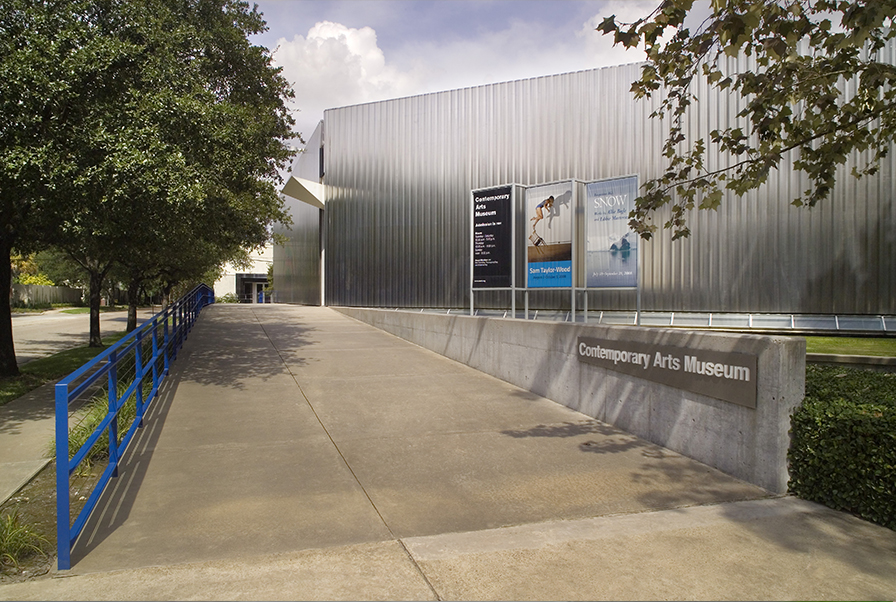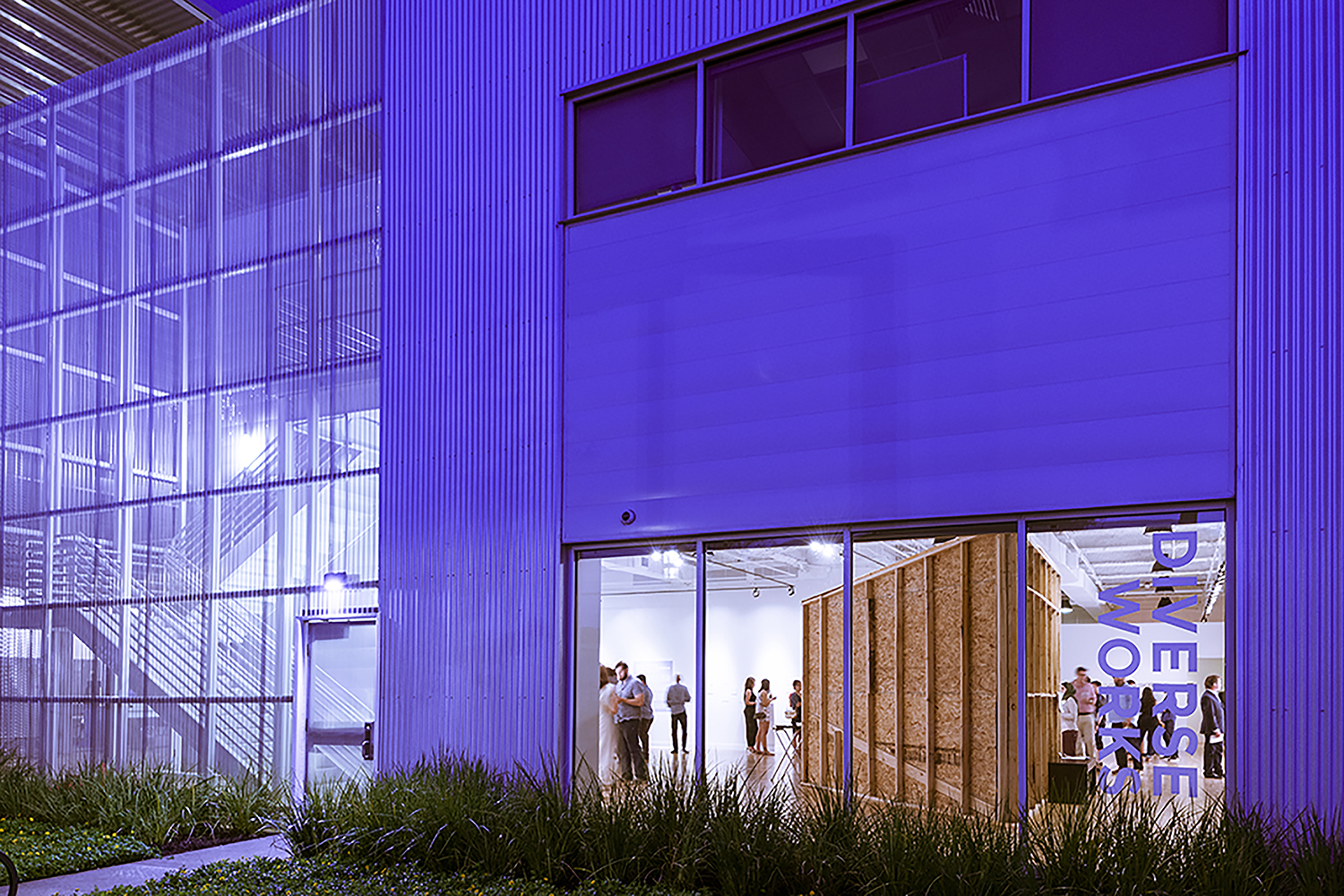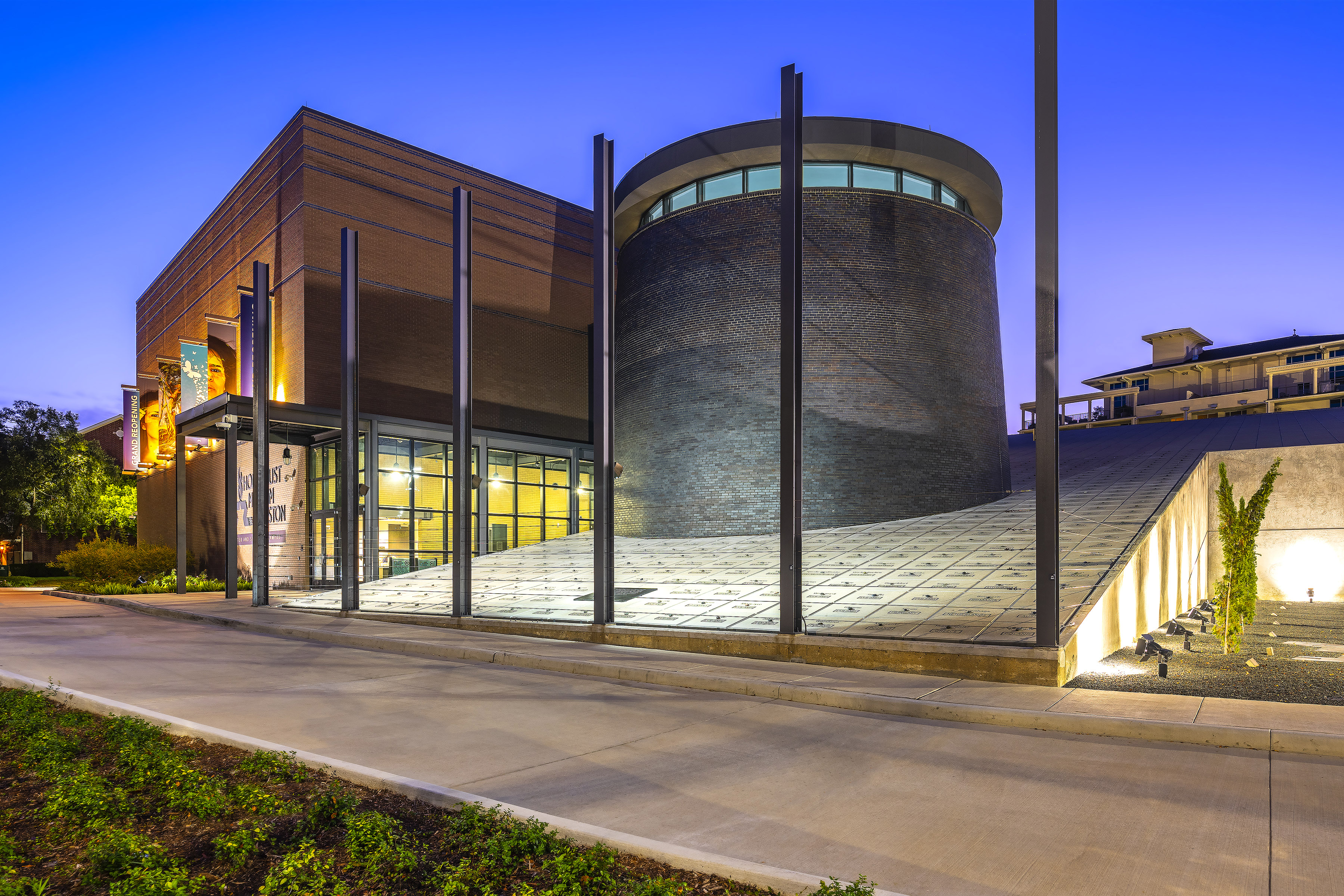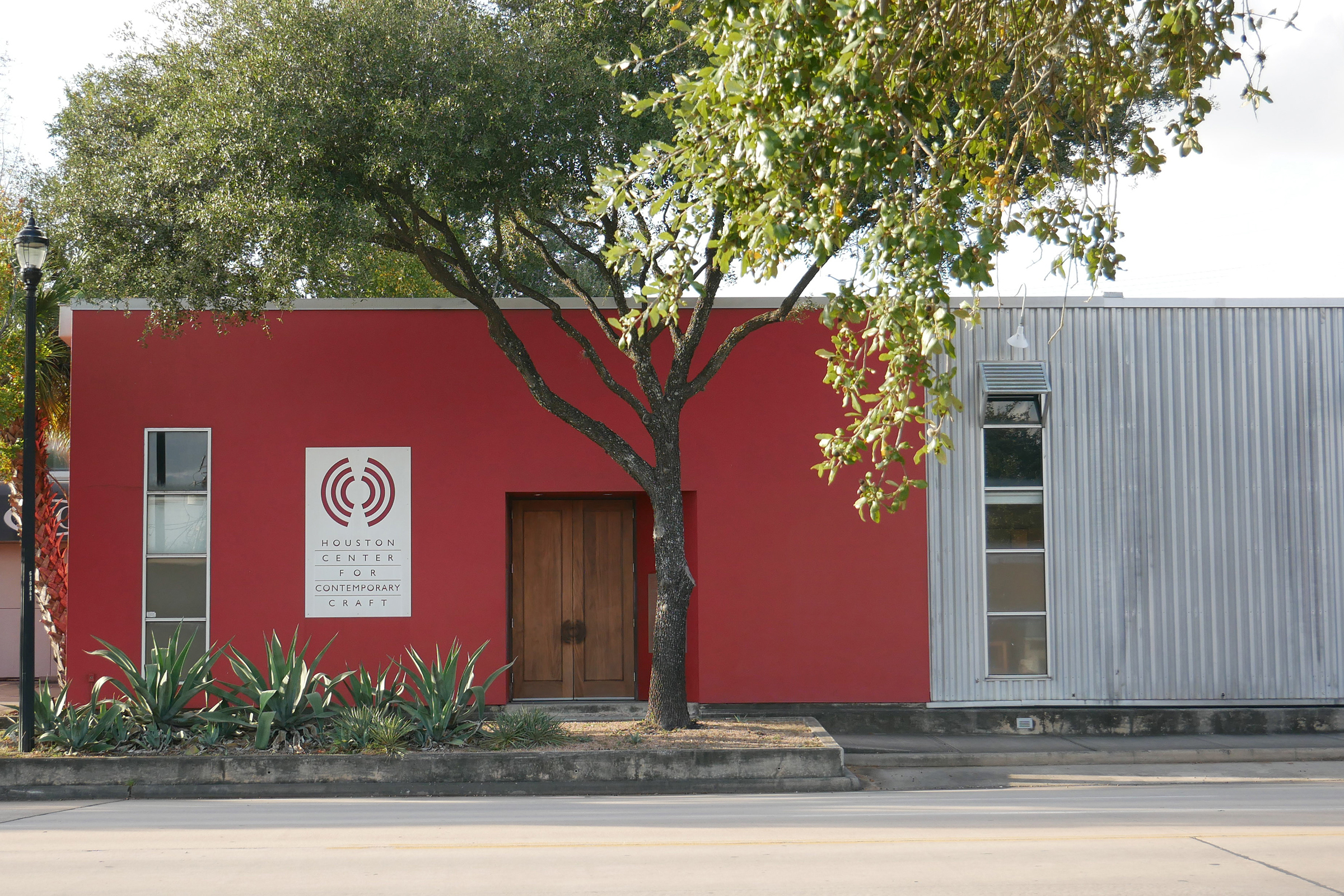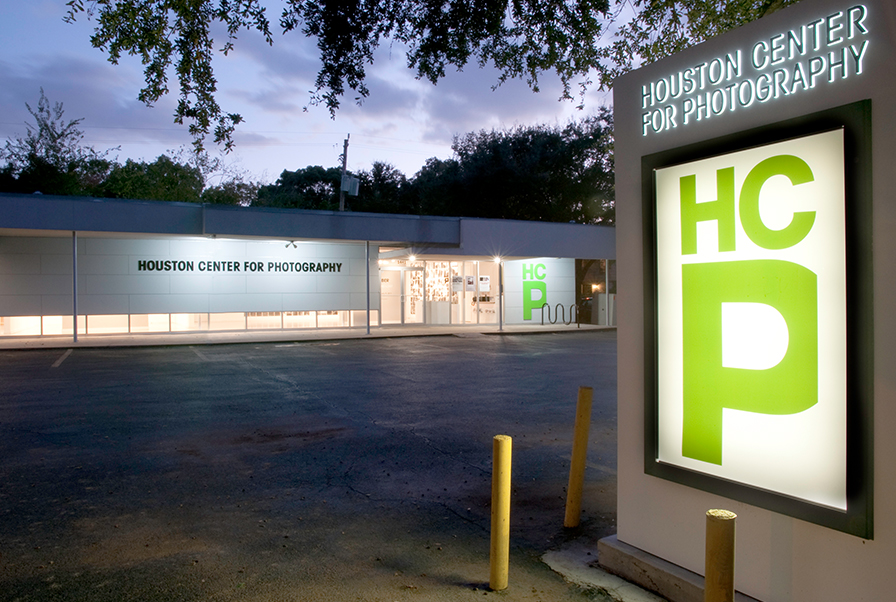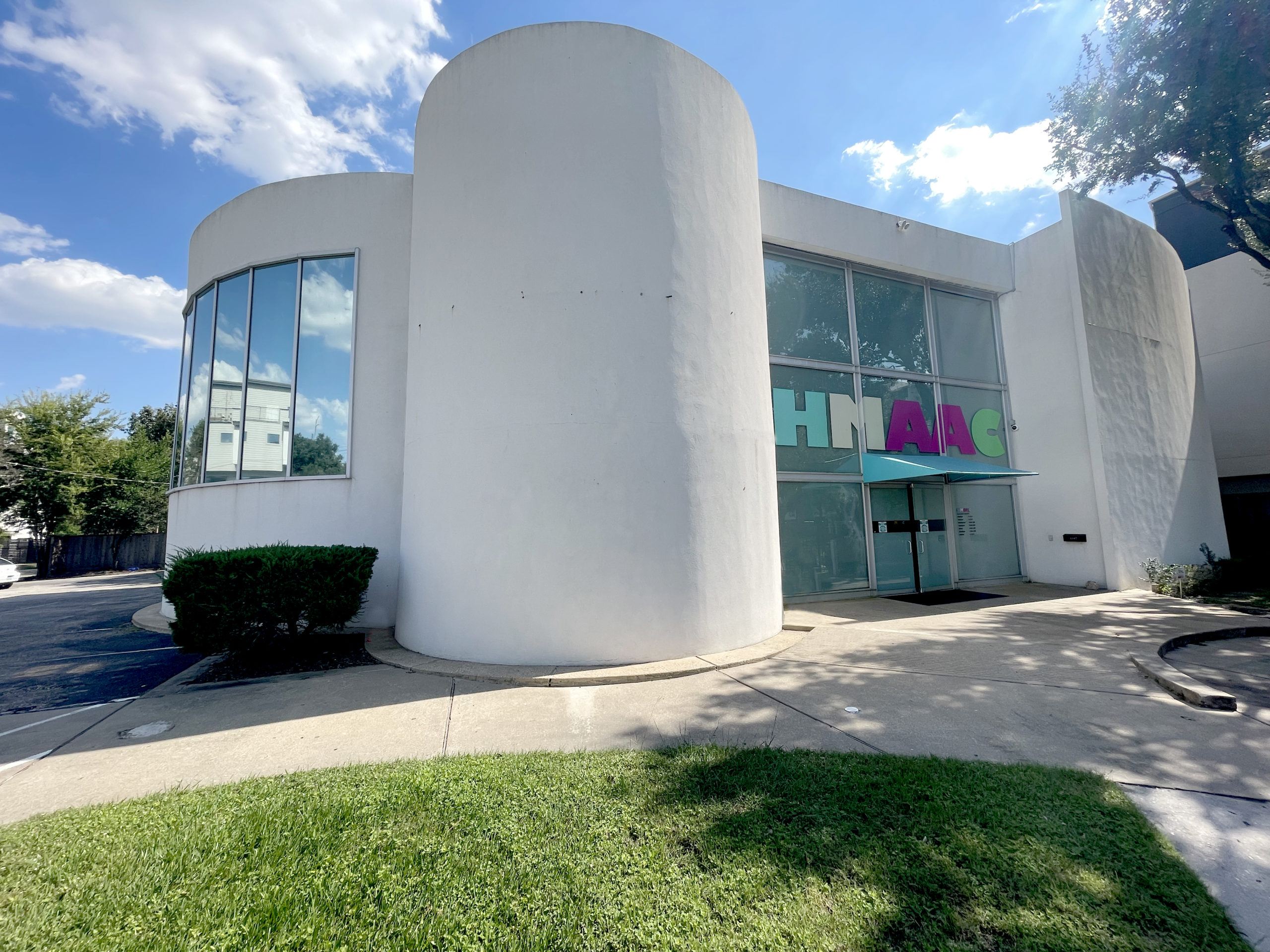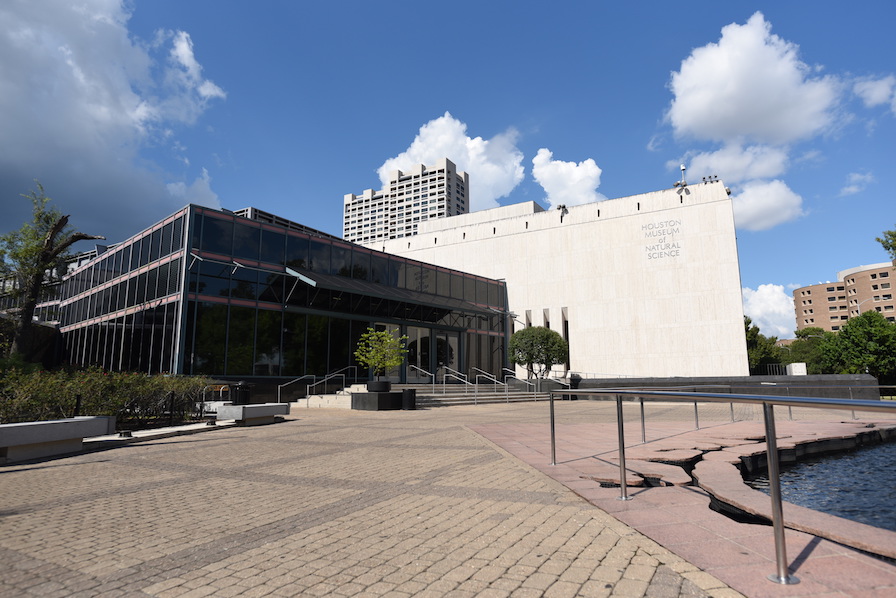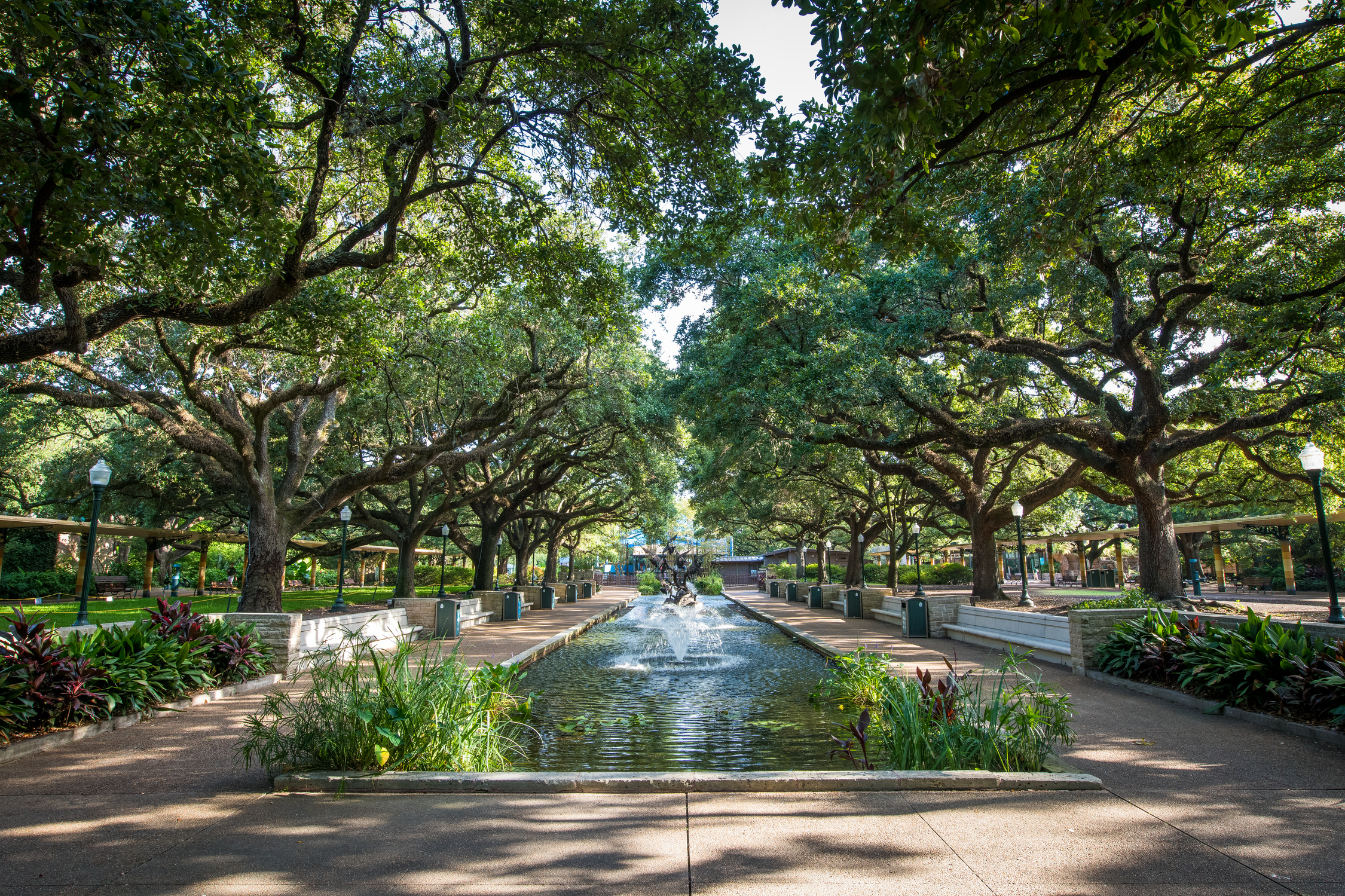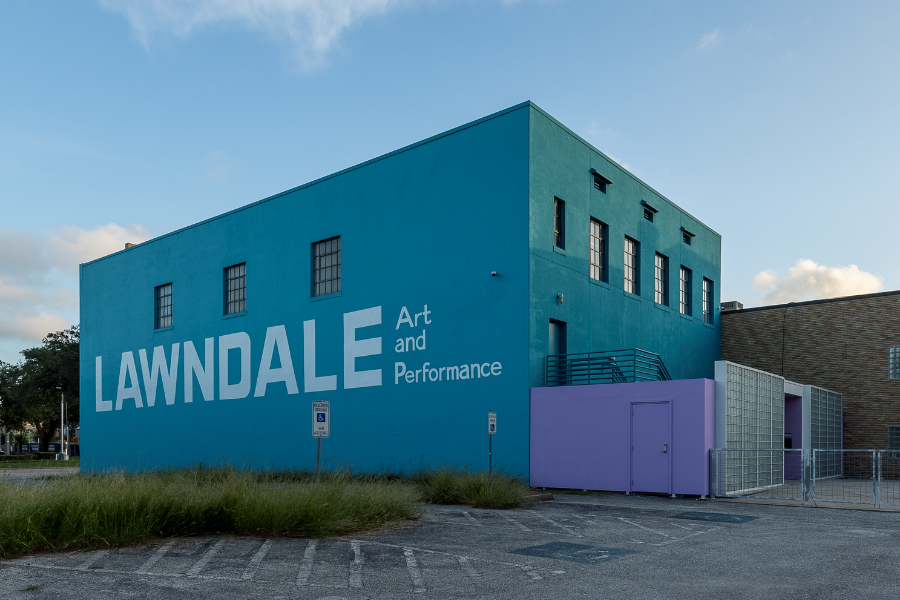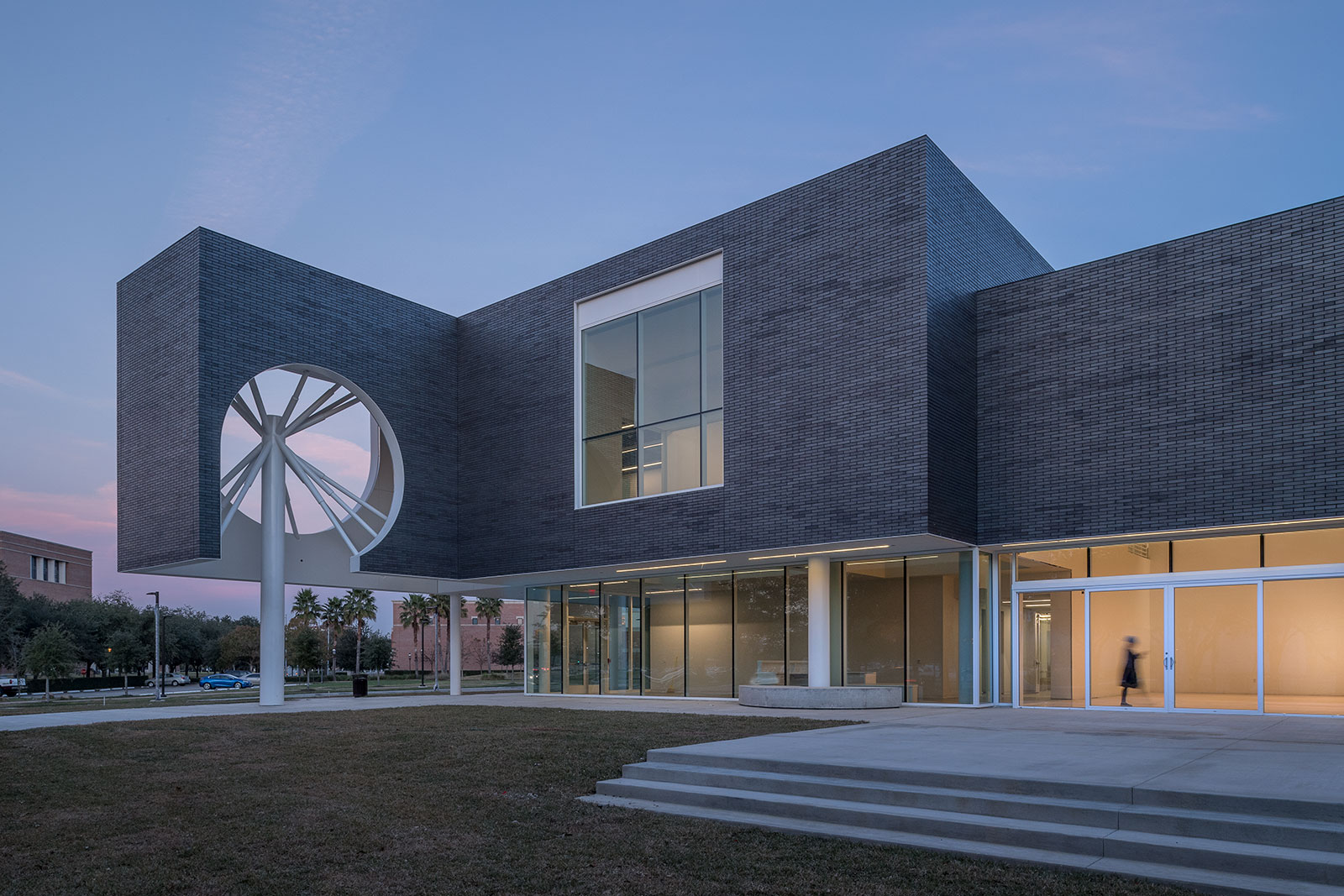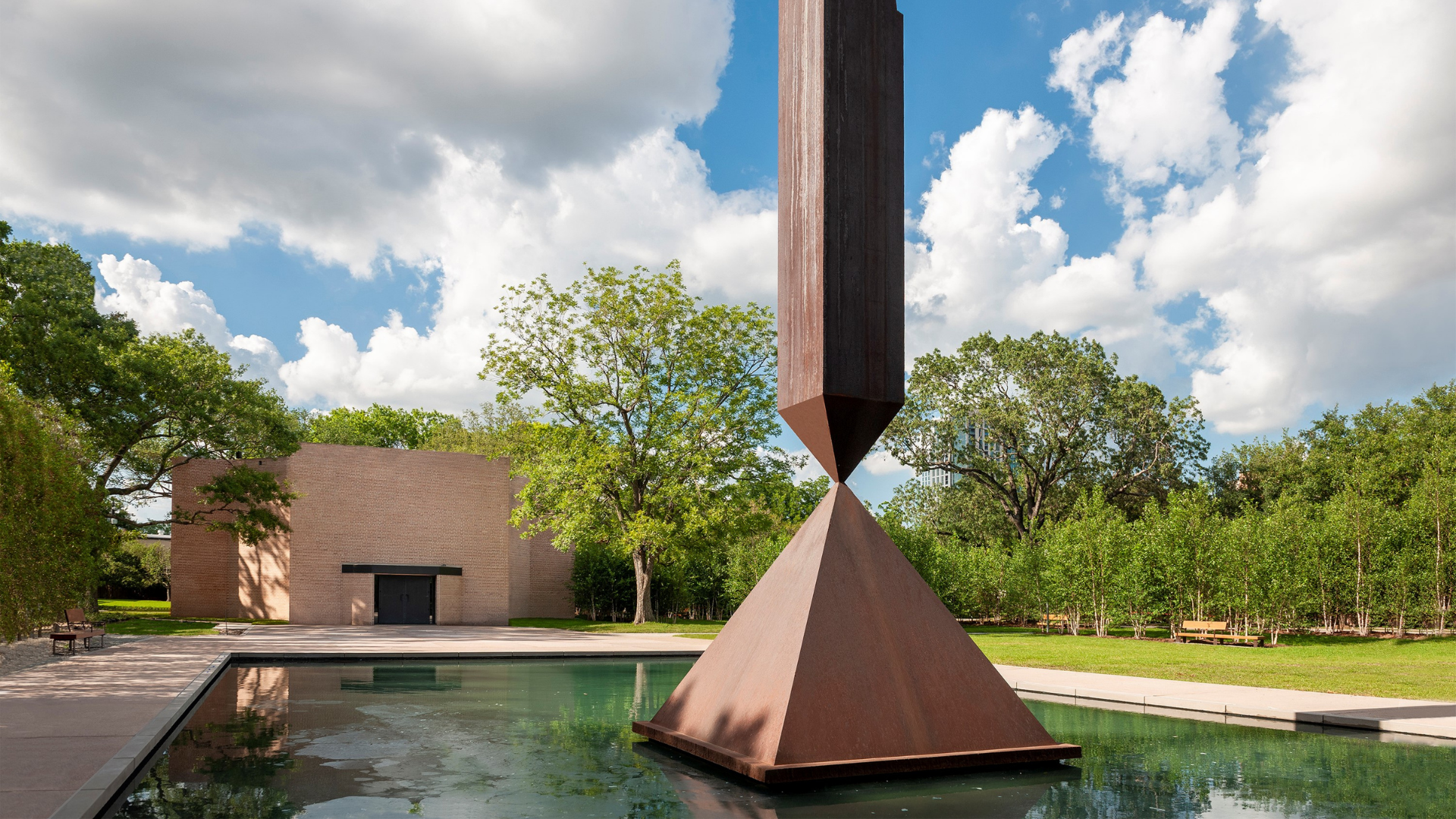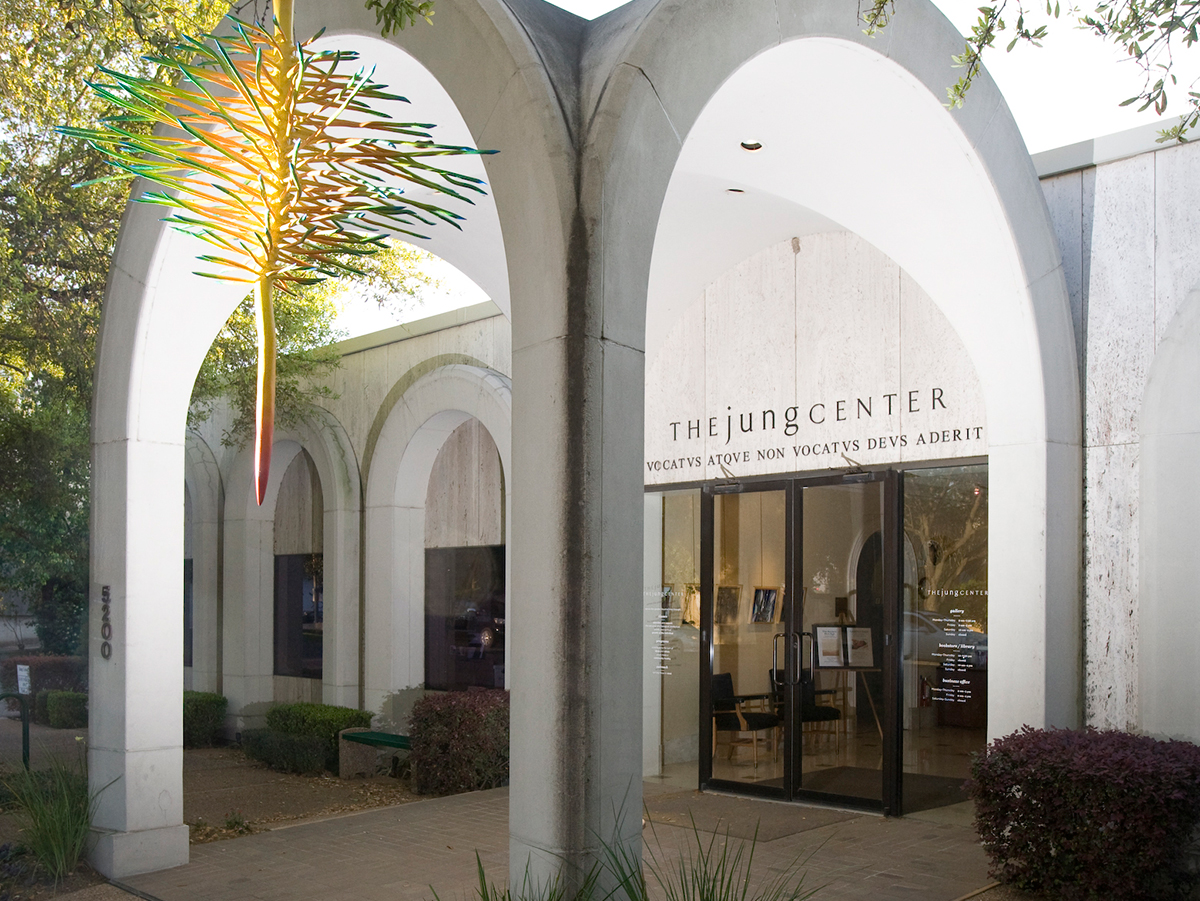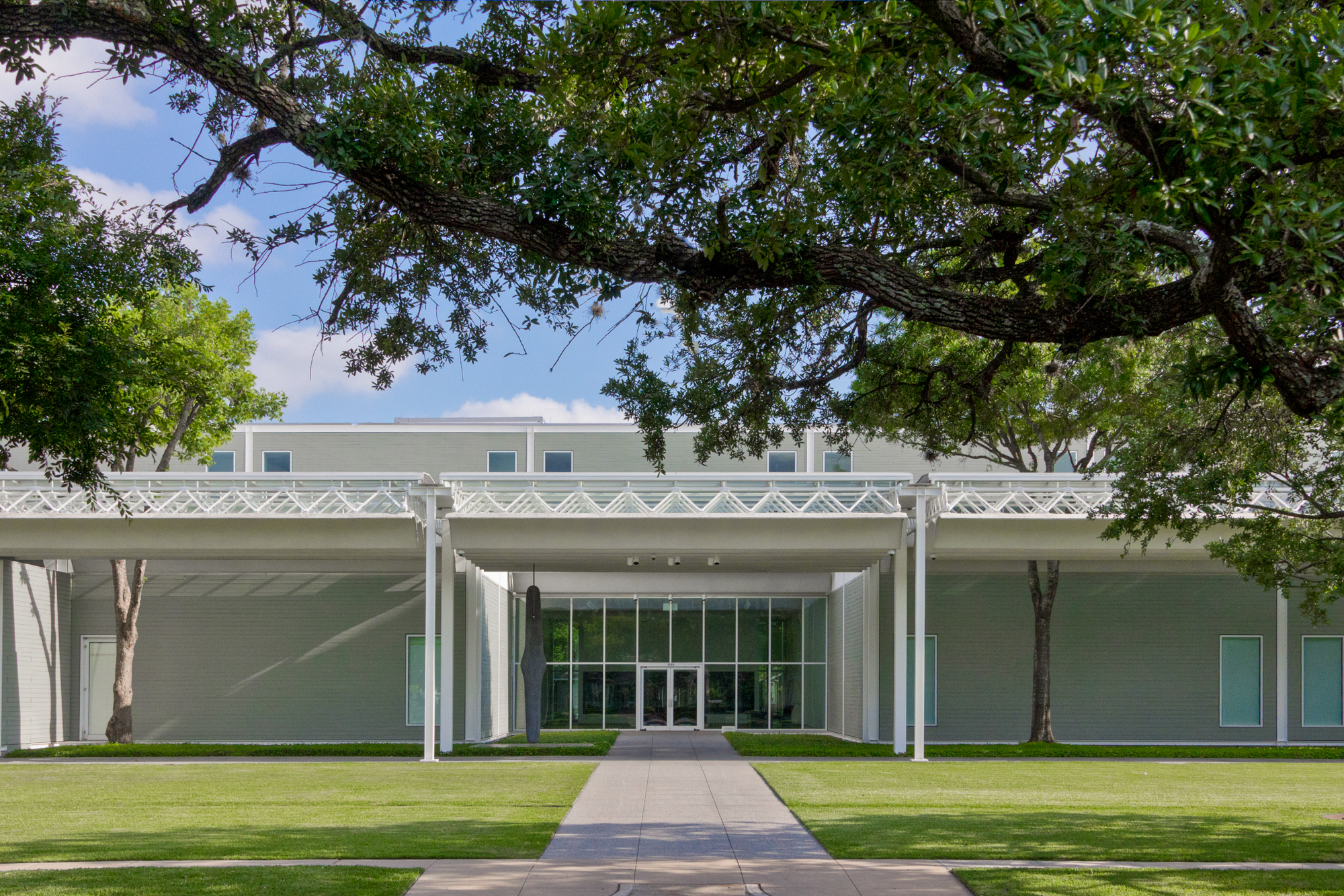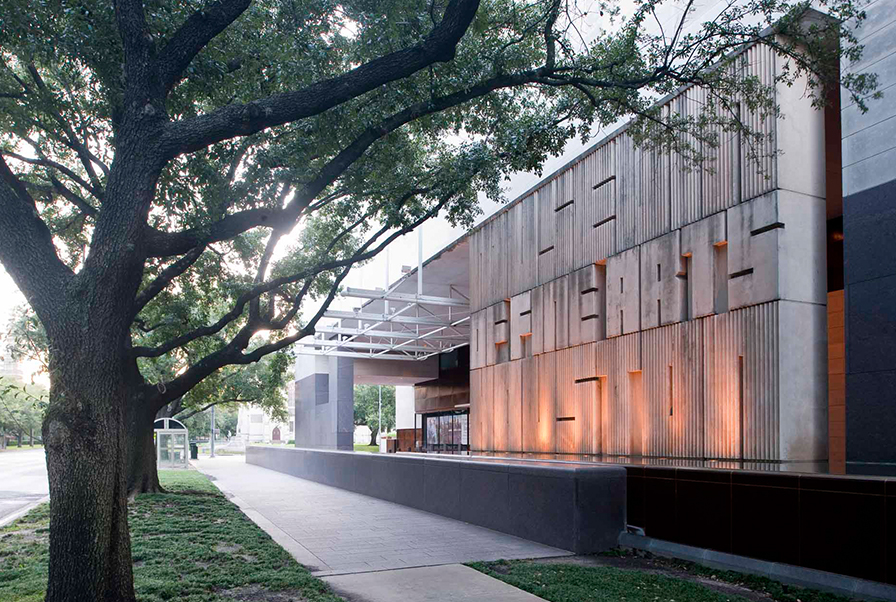
1551052800
Asia Society Texas
Trilateral Japan, U.S., and Israel Advancements in Artificial Intelligence for the Aging and Healthcare: A Dialogue with Industry and Academic Experts
Monday, Feb. 25, 2019 – Monday, Feb. 25, 2019
06:00 PM – 08:30 PM
US/Central
PARO Therapeutic Robots, Courtesy of Takanori Shibata.
Incredible changes are happening in the medtech industry that will shape the future of healthcare, aging populations, and more. As Artificial Intelligence (AI) continues to unlock new possibilities for safety, efficiency, and cost-effectiveness, what impacts can we expect on society? What problems may arise and what solutions must we begin to develop as AI integrates further into this industry?
Join us for a panel discussion on pioneer nations in medtech: Japan, the United States, and Israel. Our expert speakers will address areas of trilateral cooperation, as well as major innovations that are sure to surface in the coming years.
Participants will also have an opportunity to meet PARO, an advanced interactive robot developed for patients and seniors by AIST.
Schedule
Monday, February 25, 2019
6 p.m. | Reception
6:45 p.m. | Program
About the Speakers
Douglas Dotan is the founder, president and CEO of CRG Medical, Inc., a health care information technology company. He has served in this position for the past 12 years. Mr. Dotan is also the executive director of PSO Services Group, LLC, a listed national patient safety organization started in 2009, which compliments his work at CRG Medical, Inc. The two companies work synergistically with other partners to support the delivery of safe, timely, efficient, effective, equitable, and patient-centered process improvement information; they also support health care facilities and providers with confidential safety investigations and analysis of medical misadventures and hazardous conditions with the National Medical Safety Board (NMSB) 'Go-Teams' and the proactive KBCoreSM patent pending technology needed to succeed. Mr. Dotan received a master's degree in industrial organizational psychology from the University of Houston, Clear Lake. He holds a bachelor of science in earth science from Bar-Ilan University. He is a certified quality improvement associate. He has completed training at the USC School of Systems Safety and Engineering which trained U.S. Air Force flight safety officers. He is a former chair of the Health Care Division of the American Society for Quality (ASQ) and is active on its leadership council.
Dr. Bobak Mortzavi is an Assistant Professor in Computer Science & Engineering at Texas A&M University, and a member of the Center for Remote Health Technologies & Systems. Prior to joining Texas A&M, Dr. Mortazavi was a postdoctoral associate at the Center for Outcomes Research and Evaluation (CORE) and in the Department of Statistics. He worked as a graduate student (and earned his Ph.D.) in Computer Science at the University of California Los Angeles (UCLA) Wireless Health Institute (2014). He earned a B.A. in Applied Mathematics and a B.S. in Electrical Engineering and Computer Science from the University of California Berkeley (2007). Dr. Mortazavi’s research interests include end-to-end research on medical embedded systems and the application of data mining and machine learning algorithms necessary to make personalized, preventative medical treatments possible through advanced health analytics. He is primarily concerned with the ability to use supervised and unsupervised techniques to learn more about medical prediction and risk-stratification in order to better develop personalized medical systems, prediction models, comparative effectiveness techniques, and combine wearable sensors and other necessary data to make a clinical impact at the system level, provider level, and patient level.
Dr. Hideaki Takeda is a Professor at the National Institute of Informatics (NII), Japan, and a Professor at the Graduate University for Advanced Studies (Sokendai). He received Dr. Eng. degrees from the University of Tokyo, Japan in 1991. He was the Sumitomo endowed professor in the University of Tokyo between 2005 and 2010. He has been the chair of the Ethics Committee, Japanese Society for Artificial Intelligence (JSAI) since 2018. He is also a member of governmental committees such as Open Data Working Group by Cabinet Secretariat, the sub working group in the Conference toward AI Network Society by Ministry of Internal Affairs and Communications (MIC), and the Committee for Promotion of Information Sharing Infrastructure by Ministry of Economy, Trade and Industry (METI). His interest includes Artificial Intelligence, in particular Semantic Web and Linked Open Data (LOD). He has committed several projects by the government and private companies as a specialist of LOD. He is also the president of Linked Open Data Initiative Inc., which promotes LOD technologies for public and private sectors.
About the Moderator
Shara Fryer is the anchor of Houston’s Morning News on News Radio 740KTRH and a thirty-year veteran television journalist who earned her many awards and credentials covering top stories of the day, across Texas and the world. She’s a Fellow of the American Leadership Forum, an alumnus of the FBI Citizens’ Academy, a Lifetime Committeeman of the Houston Livestock Show and Rodeo, and serves on the boards of the World Affairs Council of Houston, the Retina Research Foundation, the Japan America Society of Houston, and the National Parks Photography Project. She has been honored by Rotary International, the Anti-Defamation League, the Grand Masonic Lodge of Houston, and the governments of Japan and Israel for her efforts toward international goodwill. A surviving cancer patient she devotes time to cancer outreach and fundraising.
About PARO
PARO is an advanced interactive robot developed by AIST, a leading Japanese industrial automation pioneer. It allows the documented benefits of animal therapy to be administered to patients in environments such as hospitals and extended care facilities where live animals present treatment or logistical difficulties. PARO is the 8th generation of a design that has been in use in Japan and throughout Europe since 2003. PARO has five kinds of sensors: tactile, light, audition, temperature, and posture sensors, with which it can perceive people and its environment. With the light sensor, PARO can recognize light and dark. He feels being stroked and beaten by tactile sensor, or being held by the posture sensor. PARO can also recognize the direction of voice and words such as its name, greetings, and praise with its audio sensor. PARO can learn to behave in a way that the user prefers, and to respond to its new name. For example, if you stroke it every time you touch it, PARO will remember your previous action and try to repeat that action to be stroked. If you hit it, PARO remembers its previous action and tries not to do that action. By interaction with people, PARO responds as if it is alive, moving its head and legs, making sounds, and showing your preferred behavior. PARO also imitates the voice of a real baby harp seal.
PARO Insight Speaker
Takanori Shibata, Ph.D.
Chief Senior Research Scientist, National Institute of Advanced Industrial Science and Technology (AIST) Professor, School of Computing — Tokyo Institute of Technology Visiting Fellow, The AgeLab — Massachusetts Institute of Technology
Dr. Takanori Shibata received B.S., M.S. and Ph.D. in Electronic and Mechanical Engineering from Nagoya University in 1989, 1991 and 1992, respectively. He was a research scientist at AIST from 1993 to 1998. Concurrently, he was a visiting research scientist at the AI Lab., MIT from 1995 to 1998. At the AIST, Dr. Shibata was a senior research scientist from 1998 to 2013. Concurrently, he was the Deputy Director for Information and Communication Technology Policy, Cabinet Office of Japan in 2009 and 2010. Since 2013, he has been in his current positions. His research interests include human-robot interaction, robot therapy, mental health for astronauts in long-term mission (e.g. to Mars), and humanitarian de-mining. He was certified as the inventor of a seal robot named PARO, the World’s Most Therapeutic Robot by Guinness World Records in 2002. He has received many awards including the Japanese Prime Minister’s Award in 2003, and The Outstanding Young Person of the world by Junior Chamber International in 2004. In 2015, PARO was awarded the “Patient Trophy” as innovation of non-pharmacological therapy for dementia by the AP-HP, France. In 2018, Dr. Shibata was awarded the “Ryman Prize” which is the most prestigious award in the fields of geriatric medicine, welfare and health.
Asia Society Texas Center Business & Policy Programs, Endowed by
Huffington Foundation
Bank of America, Muffet Blake, ConocoPhillips, ExxonMobil, and United Airlines are presenting sponsors of Business and Policy programs at Asia Society Texas Center. Lead support for Business & Policy programs comes from Nancy C. Allen, Chinhui Juhn and Eddie Allen, BP America, Cathay Bank Foundation, Anne and Albert Chao, Mandy and William Kao, The Southmore, and Wells Fargo. Generous funding also provided by the Friends of Asia Society Texas Center, a dedicated group of individuals and organizations committed to bringing the best in public programming.
HOURS & ADMISSION
-
Wednesday, Friday - Sunday, 10:00 am - 5:00 pm
Thursday (free admission all day), 12:00 pm - 7:00 pm
Closed Monday and Tuesday and major holidays. - Explore Asia Admission: Six interactive stations; includes complimentary access to current exhibition in the Louisa Stude Sarofim Gallery. $15 per guest ages 13 and up. $9 per guest ages 7–12. Free for guests ages 6 and under and for Asia Society members. Louisa Stude Sarofim Gallery Admission Only: $8 per guest. Free for guests ages 6 and under and for Asia Society members. Free exhibition admission on Thursdays from 12 pm – 7 pm, presented by Regions Bank.
Directions & Parking
- Free Parking
- Paid Parking
- Street Parking
- Parking in Asia Society Texas Center's lot is $7 for 1-24 hours. Entrances on Caroline and Austin. Limited free and paid street parking is also available.
Special Offers / Dining
Java Lava Cafe
Serving 100 percent premium Kona coffee from KarmaSu Coffee Farm in Hawaii, plus breakfast, lunch, and sweet treats, Java Lava Cafe is open for extended breakfast hours Tuesday–Saturday.
Hours
Tuesday – Saturday, 8:30 am – 3 pm
https://asiasociety.org/texas/java-lava-cafe
Events at Asia Society Texas
Within Walking Distance
Join the Houston Museum District
Join our mailing list for sneak peeks to upcoming events and insider information on the best museum district in the world



